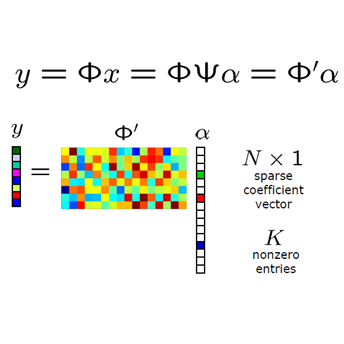We study zeroth-order optimization for convex functions where we further assume that function evaluations are unavailable. Instead, one only has access to a $\textit{comparison oracle}$, which given two points $x$ and $y$ returns a single bit of information indicating which point has larger function value, $f(x)$ or $f(y)$. By treating the gradient as an unknown signal to be recovered, we show how one can use tools from one-bit compressed sensing to construct a robust and reliable estimator of the normalized gradient. We then propose an algorithm, coined SCOBO, that uses this estimator within a gradient descent scheme. We show that when $f(x)$ has some low dimensional structure that can be exploited, SCOBO outperforms the state-of-the-art in terms of query complexity. Our theoretical claims are verified by extensive numerical experiments.
翻译:我们研究对 convex 函数的零顺序优化, 我们进一步假设函数评价是不存在的。 相反, 只有一个人可以使用 $\ textit{compararison oracle} $x$, 给两点x$和$y$ 返回一小块信息, 表明哪个点的函数值更大, $f(x) 美元或$f(y)$。 通过将梯度作为未知的要回收的信号处理, 我们展示了如何使用一维的压缩感应工具来构建一个稳健可靠的归正梯度估计器。 然后, 我们提出一个算法, 硬度SCOBO, 在梯度下降计划内使用这个估计符。 我们显示当 $(x) 有某种可以开发的低维结构时, 在查询复杂度方面, SCOBO 超越了最先进的状态。 我们的理论主张得到了广泛的数字实验的验证 。




